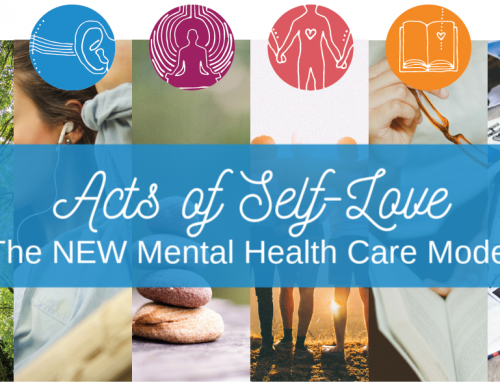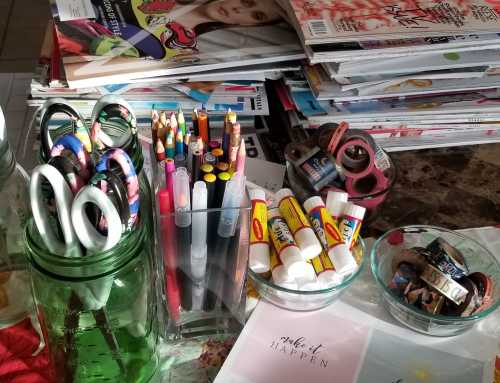 One of the most challenging times of years for a former shopping addict can be the gift giving holidays, when half the to-do list is based around purchasing. However, with a little careful consideration, it’s possible to keep your mental health in check, as well as your spending practices. To start, addressing personal and professional growth can help a lot when it comes to addictions and compulsions with Dallas-area counselors. Scheduling an appointment with a mental health professional can help you prepare for the season ahead, as can the following tips.
One of the most challenging times of years for a former shopping addict can be the gift giving holidays, when half the to-do list is based around purchasing. However, with a little careful consideration, it’s possible to keep your mental health in check, as well as your spending practices. To start, addressing personal and professional growth can help a lot when it comes to addictions and compulsions with Dallas-area counselors. Scheduling an appointment with a mental health professional can help you prepare for the season ahead, as can the following tips.
Be on the Lookout for Old Symptoms
It’s very difficult to face an old problem you’ve dealt with and overcome head-on in a new frame of mind. Even the most recovered shopaholics have to deal with the old temptation when faced with a day of shopping. This calls for careful monitoring of your emotions to identify possible ones rise up again you felt when dealing with unhealthy shopping habits. These can be combatted effectively with self-awareness. Forbes advises checking in with yourself by going through a checklist, including such questions as whether you can afford the gifts you’re planning on giving or if you need the things you’re purchasing. If the answer is no, it’s time to recalibrate and take a step back.
Try Not to Use Credit Cards
One of the biggest contributing factors to shopping addiction is the false sense of pretend money that credit cards provide. Therefore, as you’re doing your holiday shopping, Inc. recommends paying only in cash if possible. Not only does this ensure that you’re not purchasing gifts that you can’t afford and will have trouble paying for later, but also makes the purchase a more tangible, realistic experience. It’s easy to get lost in a myriad of credit card purchases since you can push aside the reality of paying the balances off for now, since you can do it later.
Make a List to Guide Your Purchases
NBC suggests making a list of gifts you need, but also include things that will help you cope with the stress of the holidays. Key points include describing a feeling you want to experience during the holidays, the type of holiday you want to provide and create for family and friends, and what actions can you take that will achieve these expectations while staying kind to your bank account.
Process Your Feelings/strong>
Don’t forget to have an outlet to express any anxiety you’re feeling. Making a point to write down your feelings in a journal can be a great way to release tension and process your own emotions when you’re feeling particularly stressed. One of the biggest components that trip up successfully recovered shopaholics is pent up emotions and frustration.
Let Someone Else Do the Shopping
This may not be possible, especially if you’re the head of a large family or household. However, if there’s someone you can entrust with taking on some of the shopping duties who knows your history, such as a spouse or relative, don’t hesitate to enlist help. Having a support system when it comes to addictive or compulsive behavior is absolutely essential, and is something you should be able to tap into when needed.
One of the most difficult times of years for compulsive shoppers is the holidays when the first thing on everyone’s mind is completing the gift lists for loved ones. A little help via the guidance from Allen family counseling can go a long way in helping you navigate the best way to approach this time of year. With some conscientious coping tactics, structured planning, and mental assistance along the way, you can get back to the joy of the season by focusing on quality time with family and friends, rather than fearing the wrath of your credit card statement.





